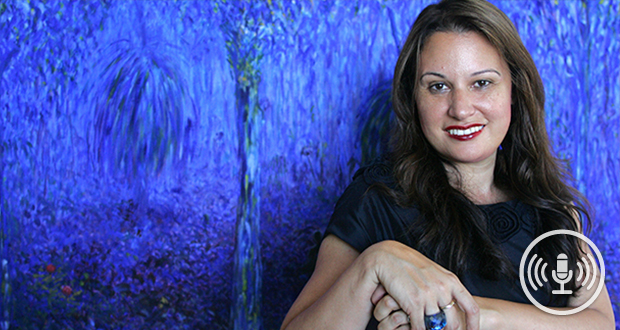Although Australia was built on multiculturalism, the country hides a dark past in discrimination against Indigenous Australians and other ethnic minority groups.
Patriarchy, too, dominated both men and women' lives for centuries, and being gay, bisexual or a lesbian was a criminal offence across the country.
But, like all Western, liberal nations, orthodox ideas, characters and themes become old and eventually lose their allure. The old ideas cannot stand forever. As these ideas begin to crack, what readers are then searching for is that kaleidoscope of new worlds, characters and voices that represent them.
This was the mission of University of Melbourne academics Alex Bacalja and Lauren Bliss. The research pair’s 10-year analysis of text lists from the Senior Victorian English Curriculum highlights a dismal level of diversity in regards to Aboriginal and Torres Strait Islander stories, women's stories, and stories emanating from the LGBTQI* group.
After analysing 360 texts, the researchers could only find two print-based texts by Indigenous writers – one being Larissa Behrendt’s novel, Home. What about a poetry collection from Ali Cobby Eckermann, a brilliant poet who experiments with a range of form and meter, and has received international acclaim?
The research project also shone quite a sad light on digital and audio texts still being treated like encumbrances and "kiddies' games".
So, why do outdated texts from the school cannon still get studied in senior English in Victoria? For Bacalja, the issues of teacher familiarity and resource availability come into play, but they are peripheral issues if such a movement gained more momentum.
Finally, Bacalja explains how conservative voices tend to influence – indeed takeover – the debate, saying "a backlash can be expected when teachers try to introduce new, more challenging texts into the curriculum".
Do you have an idea for a story?Email [email protected]
 Education Review The latest in education news
Education Review The latest in education news
